Everything You Need To Know About Vitamin D
What Is Vitamin D?
“Most people think of vitamin D as the ‘sunshine vitamin’. When sunlight makes contact with the skin, this kicks off a series of physiological reactions that result in the synthesis of active vitamin D3. Contrary to its name, however, in the body, it acts less like a vitamin, and more like a hormone. Almost every cell in the body has vitamin D receptors, so its jobs are varied. So far, research has shown it is needed for calcium absorption; healthy teeth, bones and muscle; brain health and mood; immune function; regulating inflammation; supporting our gut microbiome; and hormone support.” – Alice Mackintosh, nutritional therapist & co-founder of Equi
How Common Is A Deficiency?
“Studies suggest 49% of the British adult population has low levels of vitamin – that’s one in six of us. Spending more time indoors, a lack of sunlight and increased use of sun cream during the summer months all contribute to this figure. Plus, the peak hours of vitamin D absorption in the UK are only between 10am and 3pm during the summer months, which is also when we tend to cover or protect our skin more. This has played a significant role in the increased rates of vitamin D deficiencies.” – Milena Mastroianni, registered nutritional therapist
What Are The Typical Signs Of A Deficiency?
“Our skin stores vitamin D away for the winter, having ideally been exposed to enough of it during the summer months to then make its own vitamin D in the winter. However, a deficiency may present as muscle, joint and bone pain or weakness, thyroid imbalances or poor immunity (i.e. you pick up colds often or find it hard to shake them off). You may also experience changes to your mood.” – Alice
Are Some People More Prone To A Deficiency Than Others?
“Yes – strict vegans and those with dairy allergies (vitamin D is found in dairy) are more likely to be deficient. Obesity also makes you prone to low vitamin D because fat cells absorb more and store it away and may make up to 50% less available for circulation. Also, some individuals can have genetic alterations that prevent them from processing vitamin D as efficiently, meaning levels can be lower. At the same time, the darker your skin, the stronger sunlight you are likely to need, and the summer months are often not enough to top your levels up adequately especially if you’re indoors a lot.” – Alice
Can Spending More Time Outside In The Winter Months Help?
“Sadly not – the UK winter doesn’t provide any vitamin D. This isn’t just the result of a lack of sunshine but also to the orientation of the sun. Fewer UVB rays are produced, which is what we need to absorb vitamin D through our skin.” – Milena

So, How Much Should You Be Taking In Supplement Form?
“It’s tricky to know if your vitamin D levels are low based on guesswork alone, so it’s a good idea to get your levels checked yearly. Ideally, do this around November, which is when levels can start to fall. This is especially relevant if you are pregnant, planning a pregnancy, or have a diagnosed condition such as diabetes or cardiovascular problems. You can easily get levels tested by your GP or do it at home with an easy finger prick check via Medichecks. The NHS guidelines for deficiency are below 50 nmol/L however, and it's worth knowing that many healthcare experts suggest that optimal levels should be above 75 nmol/L, and anything below this could be considered insufficient.” – Alice
“The current RDA is set at 600IU for adults; however, a recent review of this recommendation made by the Institute of Medicine (IOM) was found to be underestimated by about a factor of ten. In fact, some doctors are now believing we should be supplementing up to 7,000IU per day.” – Kathryn Danzey, founder of Rejuvenated
What Should You Look For In A Supplement?
“Vitamin D3 is better absorbed and lasts longer in the body. Choose the form that you will be most likely to take on a daily basis. Sprays do tend to be better absorbed – I rate the BetterYou range.” – Sophie Trotman, nutritionist
“For vitamin D to work efficiently in the body and get to work where it’s needed, it should be paired with vitamin K2. If you can find a vitamin D supplement that also contains K2, then that is great.” – Alice
What About Dietary Sources Of Vitamin D?
“Oily fish, egg yolks and mushrooms are all good dietary sources, and some foods, such as breakfast cereals, are often fortified with vitamin D. However, the latter are often processed and refined, so be sure to check the label. However, if you are really deficient, this is unlikely to bring levels up significantly.” – Alice
“Traditionally, it was believed three daily servings of dairy would give you enough vitamin D, however this ‘fact’ came from very clever marketing. There is only around 100IU in a 250ml glass of milk. Plus, most of us opt for lower fat milks, which means a lot of the naturally occurring vitamin D has been lost. Oily fish, however, is a good source – try to include trout, mackerel, tuna and sardines in your diet at least once a week.” – Kathryn
Is There Such A Thing As Too Much Vitamin D?
“Yes, it is possible to have too much vitamin D if high doses of vitamin D are taken without medical supervision. Vitamin D is a fat-soluble vitamin, which means that it gets stored for a long time in our body, so it’s even more important in this case to know your levels and supplement accordingly. Always talk to a medical professional before taking higher doses of vitamin D.” – Milena
How Quickly Will A Supplement Bring Your Levels Back Into Balance?
“It depends on the dosage you take and the level of your deficiency, but it can take up to three months to see a significant shift in blood levels.” – Milena
For more information visit AliceMackintosh.com, RootAndLeafNutrition.com, Rejuvenated.com & SophieTrotmanNutrition.com.
DISCLAIMER: Features published by SheerLuxe are not intended to treat, diagnose, cure or prevent any disease. Always seek the advice of your GP or another qualified healthcare provider for any questions you have regarding a medical condition, and before undertaking any diet, exercise or other health-related programme.
SHOP THE EXPERT'S PICKS HERE

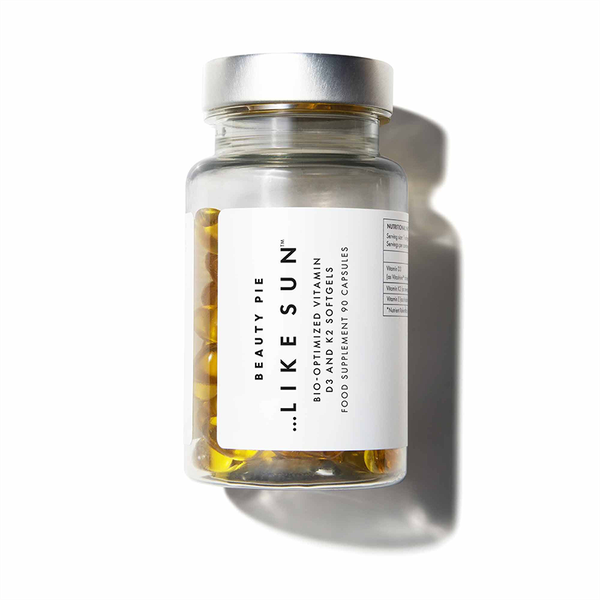
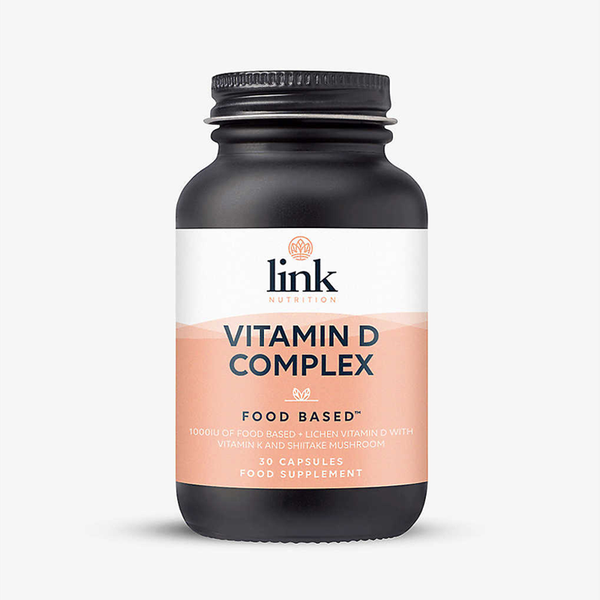
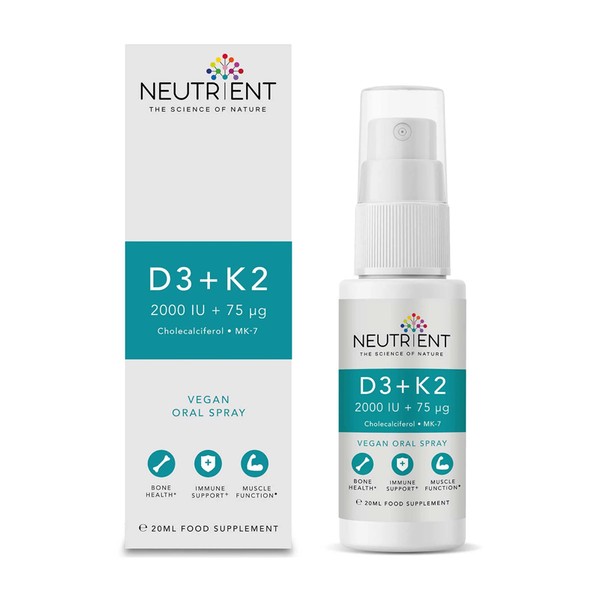
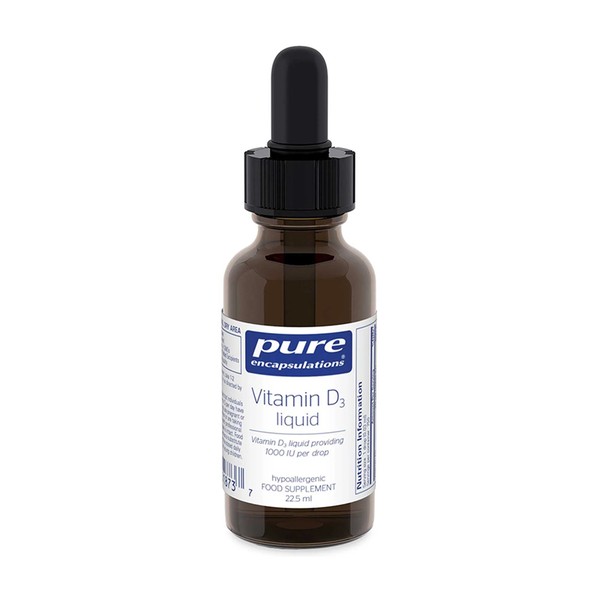
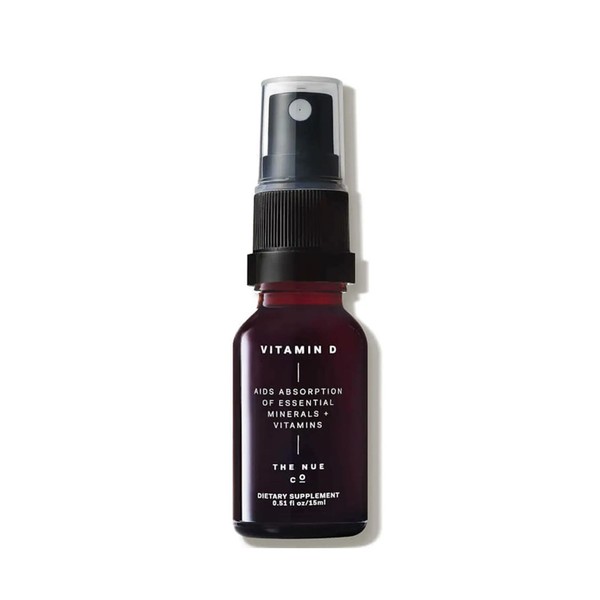

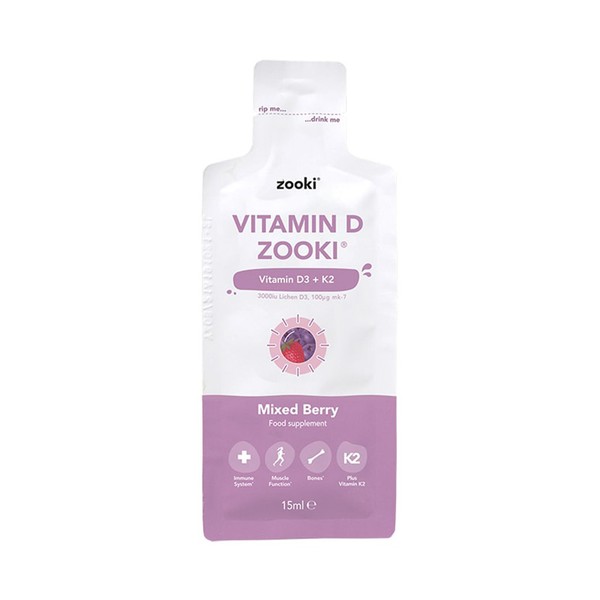
DISCLAIMER: We endeavour to always credit the correct original source of every image we use. If you think a credit may be incorrect, please contact us at info@sheerluxe.com.


